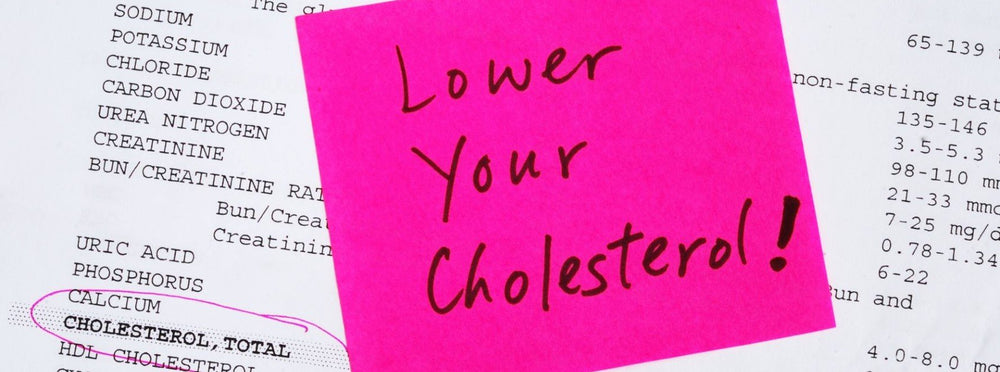What I tell my patients: What if you’re not a food responder

As you might imagine, as a cardiologist who prides herself on addressing heart disease risk factors through modifying lifestyle before resorting to medications, I see a lot of patients interested in lowering their cholesterol numbers without using drugs.
Which is a good thing because in the majority of people - even those with genetically driven very high cholesterol values - diet can impact their LDL (and HDL and triglyceride) numbers. So changing what we eat to better support healthy cholesterol levels is usually met with some degree of success in terms of lab results. In fact, as we’ve shown, that success can at times be astonishing – with medication level cholesterol reductions achieved. This is the whole idea behind Step One Foods!
But in some cases, no matter how pristine the diet, no matter how hard a patient tries, cholesterol numbers remain stubbornly, frustratingly unchanged.
A few things to remember:
- Eating right for cholesterol lowering means you’re also eating right to help lower blood pressure, improve blood sugar control, lose weight (if you need to) and reduce inflammation. So even if your cholesterol numbers don’t budge, you are still doing something critically important to help achieve/maintain heart health.
- If you need medications to control your cholesterol levels, because you are doing your part on the nutrition/lifestyle front you will need lower medication doses to get to target. And lower doses of any drug means a lower likelihood of developing side effects.
- The risk reduction achieved from lowering LDL with medications (milligram for milligram) is greater when diet is also optimized. And remember – we put people on statins not to make numbers perfect but to reduce risk! If you’re going to be on drugs, make sure you get as much of the benefit out of it as you can.
- Risk factors are synergistic. Which means that if all of your other risk factors are under good control because you’re eating right and exercising, you are diminishing the potency of your abnormal cholesterol number.
- There’s more to healthy longevity than a perfect cholesterol profile. When you eat a whole food plant based diet, you’re also following a dietary approach that helps ward off cancer and reduce the risk of dementia.
So, in some ways, there’s no such thing as a food non-responder! Eating better builds better health. Period.
But if you’re using Step One to lower cholesterol specifically and haven’t seen much of a cholesterol response, this may not be the solution for you to achieve that cholesterol goal. However, that doesn’t mean you wasted your time! You still did something great for your health. And I would encourage you to keep going with dietary improvements even if Step One is not part of that plan. What we eat affects EVERYTHING. Feed your body right and you will be rewarded many times over.
Read the rest of the 6 part blog series "What I Tell My Patients":

Tested & Proven Results.
- Cardiologist formulated
- Supported by over 500 publications
- Clinically-proven, in a double-blind randomized trial with Mayo Clinic and The University of Manitoba
80% of participants lowered their cholesterol in just 30 days. With just two servings per day, Step One Foods offers a proven-effective way to naturally lower LDL (bad) cholesterol.
Get heart health tips and articles like this, delivered right to your email.
New articles every week.
You may also like...

The Clock You Should Be Paying Attention To (But Probably Aren’t)

The LDL Chart Fueling Confusion Online - And What It Misses

You don’t need to avoid foods with cholesterol…except for these


